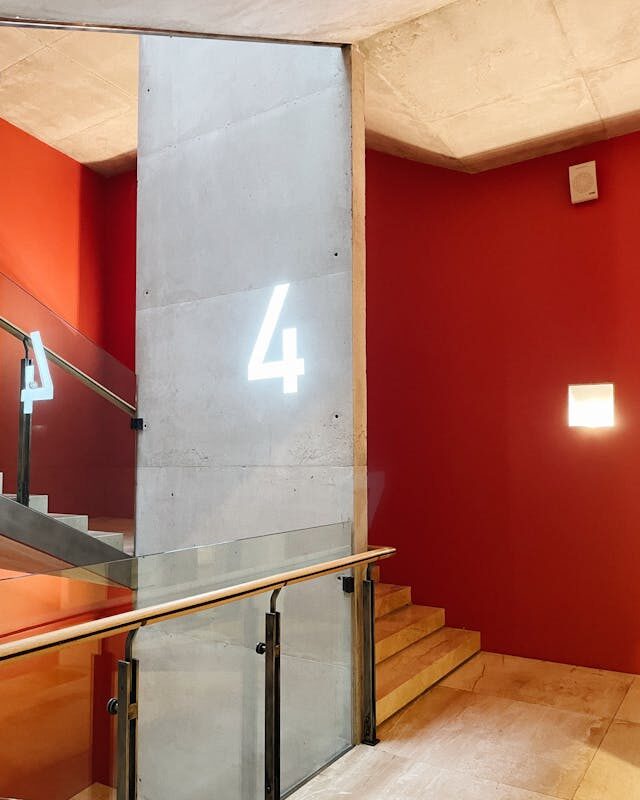Part II of the Assignee Experience | Quarantine
In this ongoing series exploring the assignee experience during the destination service delivery, we look at services delivered during the quarantine period.
Our initial installment reflected on the new complications inherent in today’s pre-arrival and arrival processes. Here we examine how the assignee experience may be impacted by the quarantine process that has been implemented by most countries in Asia.
Service during Quarantine:
Many of the services that are set to resume once arrivals are permitted and lockdowns lifted were put into motion months ago based upon pricing, benefits policies, and services developed under a different set of circumstances. Across all participants responsible for making the assignment successful, adjustments are having to be made to ensure the safety and quality of assignee experience.
The service orders for the “traditional destination services” are being adjusted to accommodate the quarantine requirements. During the quarantine period, the assignee or family can’t leave the quarantine site. In most Asian countries, that means they are not able to leave the apartment, hotel room, or mandated facility until the 14 days are completed. It cannot be stated enough the seriousness assignees must take these requirements and the severity of the repercussions if they don’t.
Destination Services, based upon the current local situation and safety policies in place, can begin during this timeframe. But some things cannot be accomplished, including physically touring potential new homes, which is most important to assignees. Video tours and property walk-throughs can be performed on behalf of the assignee as part of a Contactless Service program, but requests for that type of new service devised specially for this situation have yet to become the standard service order we receive. These remote-viewing tools are being incorporated into traditional service programs, but like the emails and consultation calls, use up the service time available to the assignee when they are released from quarantine.
A typically 14-day quarantine leaves only 16 days maximum of the temporary accommodations left to secure a home. When hours of the service time has been spent preparing the assignee, providing information and sample properties during the isolation period, both the time for the temporary housing and service delivery have been shortened. This doesn’t always develop into an issue for the assignee, but in fast-moving property markets or competitive price ranges of a market, it can quickly become an issue. Unless an assignee is willing to take a home sight-unseen in these situations, any properties presented before arrival or during the quarantine period will likely not be available when the assignee is finally able to move freely.
 Countries are turning towards billing back the costs of the preventative and medical processes being implemented as borders open. These can include expenses for testing and price for quarantine hotels and meals. These costs in Korea are KRW 100,000 per day and in Queensland Australia, a single person will need to pay AUD$2,800 while the costs for a family of four reaches AUD$4,620. In Cambodia, an upfront USD$3,000 deposit is required to cover expenses. The expense of the quarantine can be substantial, so it is up to the employer if those costs are considered part of the temporary accommodation benefit, if that benefit starts post-release from quarantine or if the permitted temporary accommodation days are extendable based upon days spent in quarantine or medical facilities.
Countries are turning towards billing back the costs of the preventative and medical processes being implemented as borders open. These can include expenses for testing and price for quarantine hotels and meals. These costs in Korea are KRW 100,000 per day and in Queensland Australia, a single person will need to pay AUD$2,800 while the costs for a family of four reaches AUD$4,620. In Cambodia, an upfront USD$3,000 deposit is required to cover expenses. The expense of the quarantine can be substantial, so it is up to the employer if those costs are considered part of the temporary accommodation benefit, if that benefit starts post-release from quarantine or if the permitted temporary accommodation days are extendable based upon days spent in quarantine or medical facilities.
The quarantine period can be an excellent time to perform some initial counseling, and we work to prepare the assignee for the service delivery process so as not to lose the time from the relocation. But frequently, the time is spent providing emotional and logistical support to the assignee who is now isolated in an unknown location. If the quarantine does not involve a government-run facility, additional support services are required to ensure safe arrival at an approved quarantine hotel or temporary accommodation and the ability to obtain the necessary supplies during the isolation, including food.
In Part III of our exploration of this topic, we will take a dive into the post- quarantine period and the delivery of destination services.




